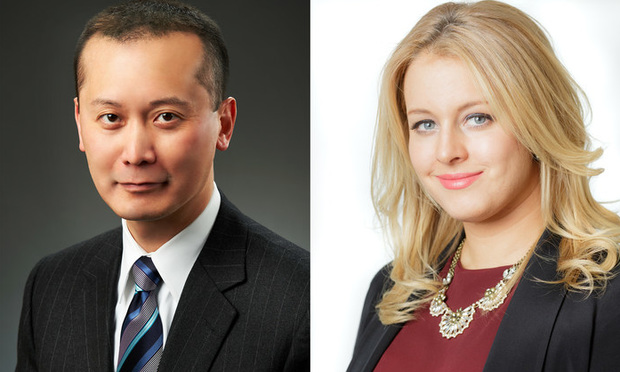The knowledge of falsity element in False Claims Act (FCA) cases—i.e., whether fraudulent claims were submitted knowingly, not merely negligently, may soon become an objective standard regardless of the defendant’s actual knowledge. The Supreme Court is taking up two U.S. Court of Appeals for the Seventh Circuit cases where rulings shielded both food-and-pharmacy chains from FCA liability for alleged improper billing involving prescription drugs. If the high court sides with the Seventh Circuit, the impending result could mean an exponential loss of taxpayer money.
Under the FCA, “any person who knowingly submits a false claim to the government or causes another to submit a false claim to the government or knowingly make a false record or statement to get a false claim paid by the government” may be held liable. The term “knowingly” anticipates a knowledge requirement such that a person who simply submits a false claim to the government without the knowledge of falsity does not violate the act. Rather, they must have submitted such a claim with knowledge of the falsity or “scienter.” As laid out in Section 3729(b)(1), the FCA’s standard for scienter only allows liability when fraud occurs with actual knowledge; deliberate ignorance of the truth or falsity of the information, or; reckless disregard of the truth or falsity of the information. In recent years, courts have struggled with interpreting the scienter element, especially where FCA defendants assert an objectively reasonable alternative interpretation of an ambiguous statute to justify their conduct.


 Edward T. Kang, left, and Kandis Kovalsky, right, of Kang Haggerty.
Edward T. Kang, left, and Kandis Kovalsky, right, of Kang Haggerty.




